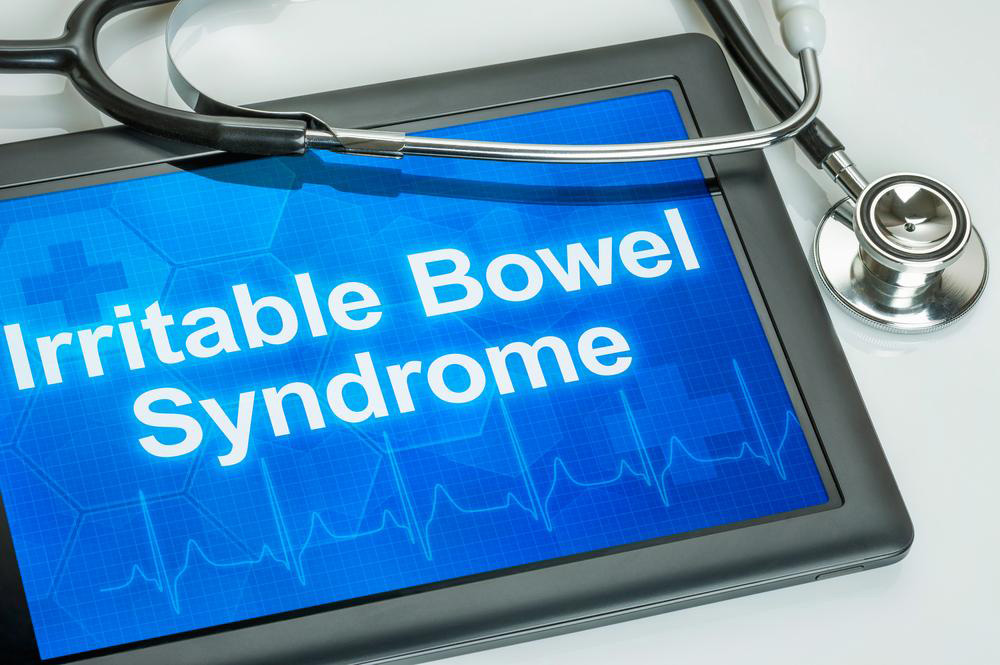Managing Irritable Bowel Syndrome: Effective Strategies
Discover effective strategies to manage Irritable Bowel Syndrome through lifestyle modifications, dietary adjustments, and stress management. Learn how fiber, hydration, and avoiding triggers can alleviate symptoms like pain, bloating, and irregular bowel habits. Seek medical advice for severe symptoms and personalized treatment to improve daily functioning and quality of life.
Sponsored

Irritable Bowel Syndrome (IBS) is a widespread condition affecting many individuals today. It primarily impacts the large intestine, leading to symptoms like abdominal pain, cramps, bloating, gas, diarrhea, and constipation. IBS is a chronic disorder requiring ongoing management. It is more common in women and typically develops from adolescence to middle age. The symptoms include altered bowel habits and stool consistency, ranging from hard to liquid. Despite not being life-threatening, IBS can significantly impair daily activities and quality of life if not properly managed.
While IBS doesn't cause severe conditions like colon cancer or inflammatory bowel diseases, it can be quite disruptive. Many sufferers experience missed or delayed work, reduced social participation, and lower energy levels. Common symptoms include episodes of diarrhea, intermittent constipation, lower abdominal cramps, excessive gas, bloating, and sometimes mucus in stools. Stress often exacerbates these symptoms. Severe signs like rectal bleeding, unexplained weight loss, or intense pain require immediate medical attention, as they might signal other colon issues.
Effective management revolves around lifestyle adjustments and dietary changes. Increasing fiber intake via whole grains, fruits, and vegetables can alleviate constipation and reduce abdominal discomfort. Hydration is essential; starting the day with warm water mixed with lemon and honey can aid digestion. Identifying and avoiding trigger foods such as fried foods, alcohol, caffeine, and spicy snacks is crucial. Regular meals, portion control, and moderate dairy intake also help. Exercise, stress reduction techniques like meditation, and staying well-hydrated support symptom control. In some cases, medication prescribed by a healthcare professional, including anti-diarrheal or laxatives, may be necessary for relief. Consistent management can greatly improve quality of life for IBS sufferers.






